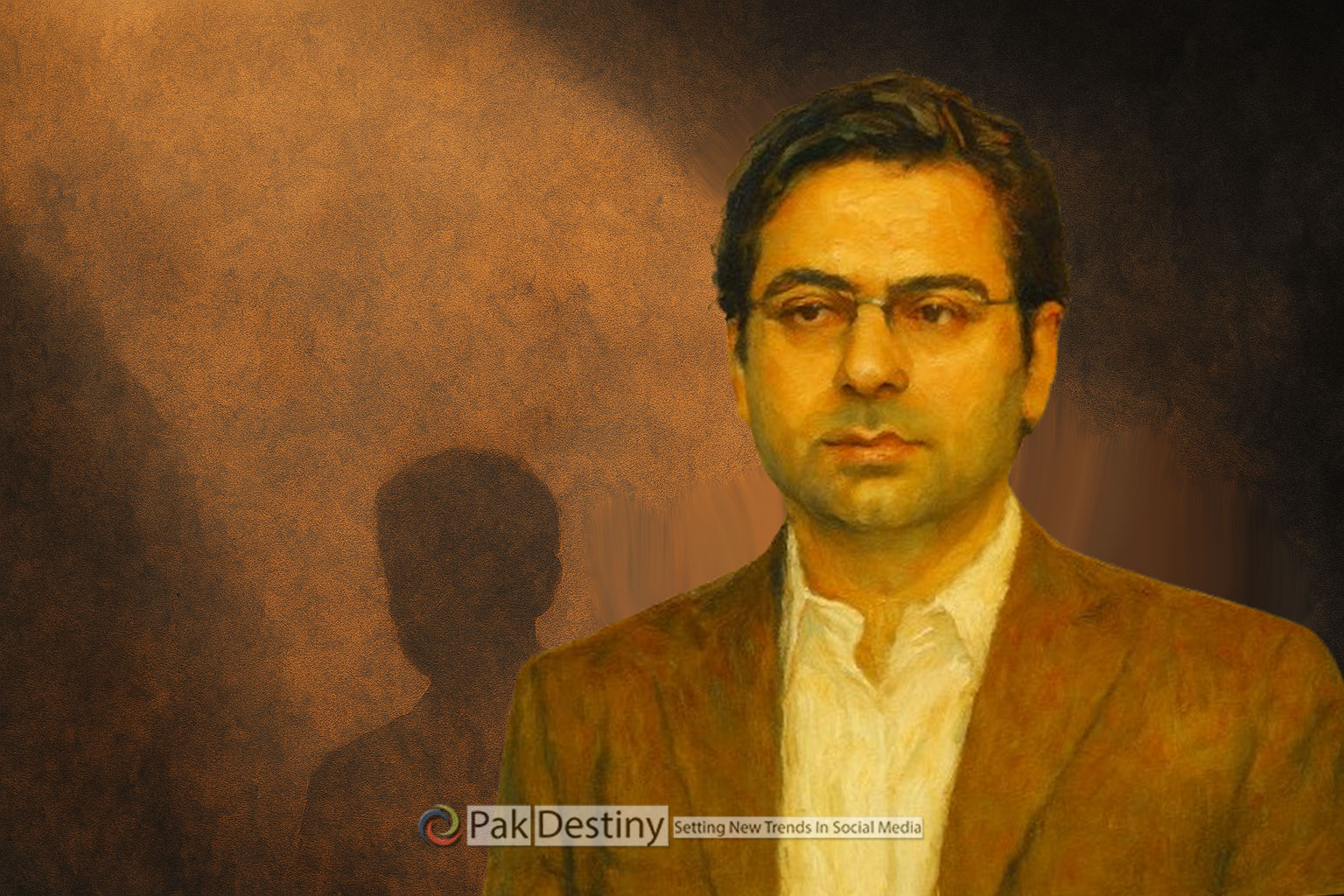
By Zulqernain
The rejection of Pakistan’s extradition request by Interpol marks a decisive turning point in the long-running legal and political saga surrounding former federal minister and senior PTI leader Moonis Elahi.
For nearly two years, the government had been pressing international policing authorities to act on allegations of money laundering, murder, and corruption against him. Yet Interpol’s verdict — a categorical “no notice, no diffusion” — has not only cleared Moonis of international suspicion but also cast serious doubt on the credibility and intent behind the cases pursued at home.
Moonis, living in Spain since the post-May 9 crackdown on Imran Khan’s PTI, had consistently argued that the charges were politically motivated. The latest development strengthens that claim.
بریکنگ: چودھری مونس الہیٰ @MoonisElahi6 کیخلاف انٹرپول میں 2 سال سے جاری تحقیقات بند۔ تمام کیسز جھوٹے ثابت pic.twitter.com/JT3tODiHzm
— Ahmad Warraich (@ahmadwaraichh) November 15, 2025
A senior FIA official, speaking on condition of anonymity, admitted that Interpol dropped the investigation for “want of evidence,” acknowledging that the dossier presented by Pakistani authorities failed to withstand scrutiny. The admission underscores a broader pattern: cases built hastily on political impulses tend to collapse when tested against international standards of evidence.
One of the most glaring examples is the murder case initiated by Gujrat police — a cornerstone of the government’s plea to Interpol. The case dramatically fell apart when a local court withdrew arrest warrants and set aside the proclamation order after determining the allegations were false.
This episode proved instrumental for Moonis in demonstrating the mala fide intent behind the prosecution’s efforts. It also highlighted how domestic political rivalries can distort the criminal justice process.
Moonis’s counsel, Amir Rawn, welcomed Interpol’s decision as a sweeping vindication, saying the inquiry dismantled every allegation levelled by the PML-N government. From murder to financial crimes, he argued, each accusation had been used as a tool to intimidate the Elahi family — a family that has remained one of PTI’s most steadfast allies.
Rawn further said the targeting intensified under the current dispensation: “Moonis has been vocal in criticising the PML-N leadership, particularly Mohsin Naqvi and Punjab Chief Minister Maryam Nawaz. That outspokenness made him a focal point for political retribution.”
The counsel’s remarks echo a recurring critique in Pakistan’s political landscape: the instrumentalisation of state institutions to silence dissent and weaken opponents. The prolonged pressure on Moonis — from repeated investigations to an international extradition campaign — now stands as a textbook case of how coercive tools can be employed to shape political outcomes.
With Interpol’s decision, uncomfortable questions now shift back to Islamabad. Why did the interior ministry pursue a weak case so aggressively? Why were unsubstantiated allegations elevated to an international forum? And to what extent has political rivalry overridden due process?
The interior ministry spokesperson declined to comment, but silence cannot mask the implications. For the government, the episode is a diplomatic and institutional embarrassment. For Moonis Elahi, however, it is more than a legal relief — it is a sweeping moral and political vindication, reinforcing his position within PTI and strengthening his narrative of being unfairly targeted.
In a political environment where allegations often outpace evidence, the Interpol clean chit serves as a rare, external validation. And in Moonis Elahi’s case, it marks a significant moment of exoneration in the face of persistent political hostility.






